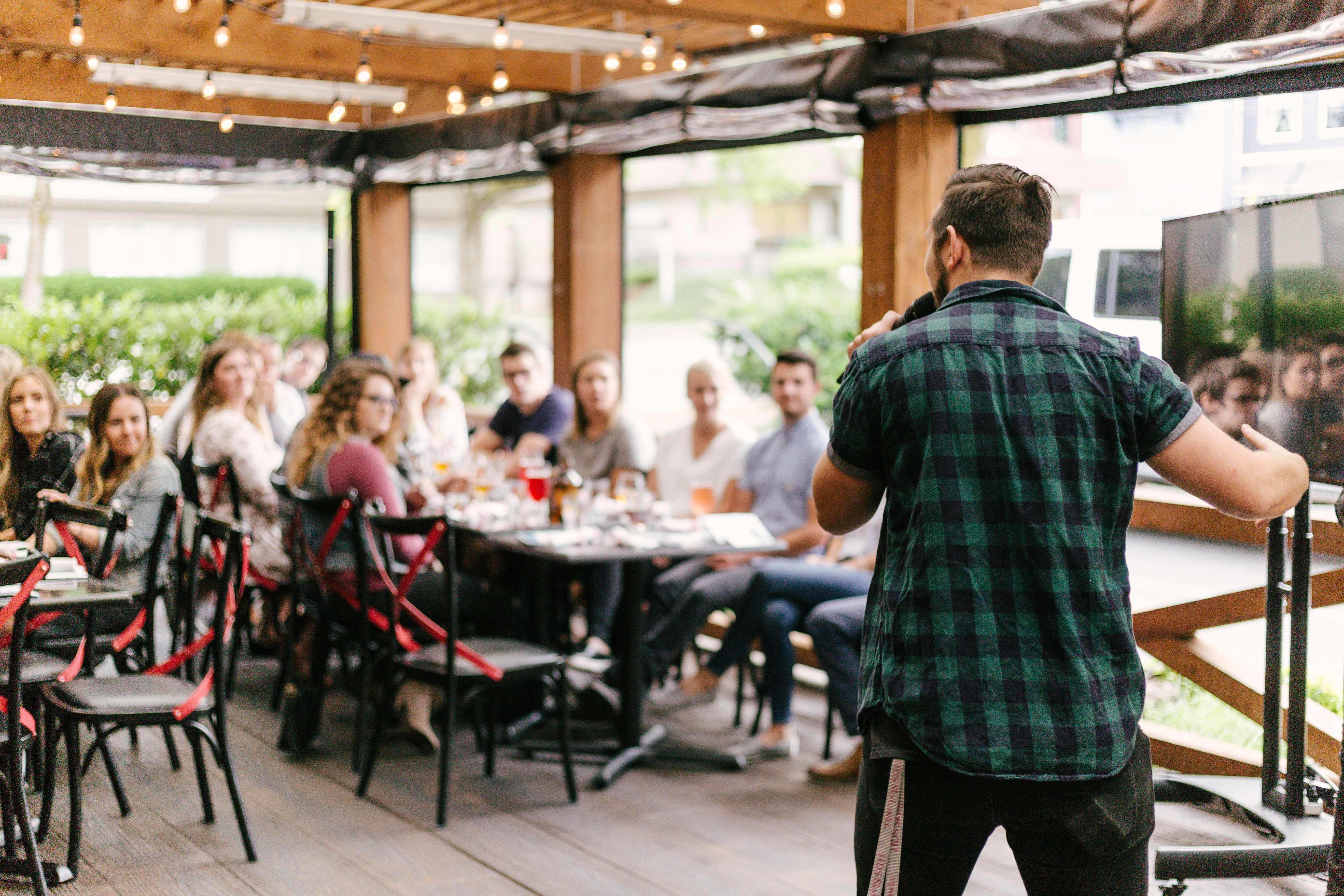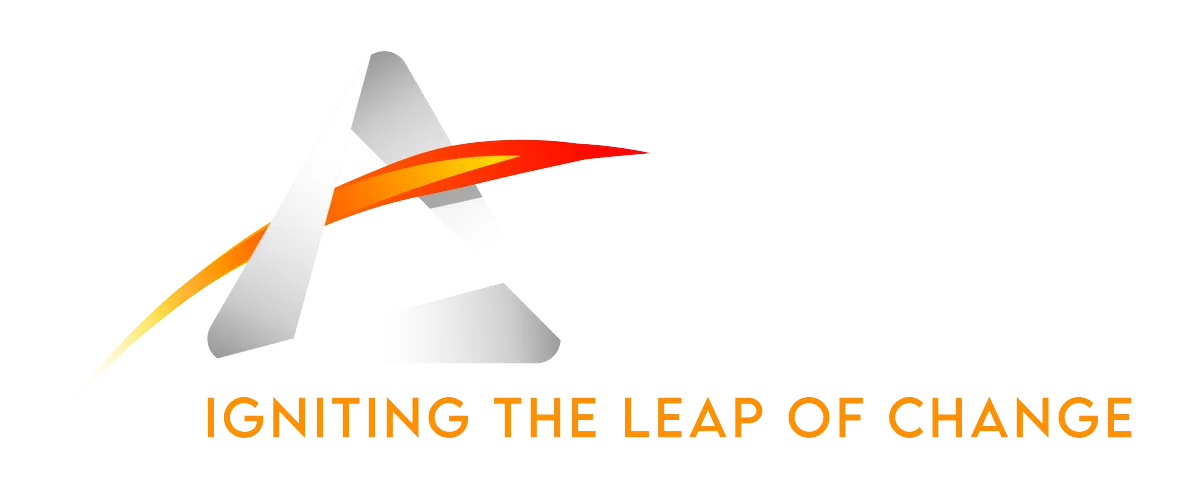MY BLOGS

Leap into Self-Confidence
“Confidence is like a muscle. The more you work to build it, the stronger it gets.” - Dr. Teresa Woolard
Leap into Self-Confidence
Becoming confident is not just about learning and knowing what to do, but actually putting it into practice. Building self-confidence requires an effective action plan. You have to take the knowledge and skills you've gained and apply them in your daily life.

Reading self-improvement articles and books is a good start, but unless you make a real effort to implement the strategies, little will change. Just like knowing how to do a pushup won't make you stronger, simply knowing how to build self-confidence won't make you more confident.
You have to take action and apply what you've learned. In my upcoming book Fetch Fulfillment, I walk you through creating your own “Leap Plan” in which you set a goal, aligned to your values and “gift,” of course, then take small “bite-size" steps towards achieving them. By taking action, and seeing and rewarding your progress, you will start to gain confidence in yourself and your abilities. Remember….
“Growth doesn’t happen in one’s comfort zone.”
Don't be afraid to step out of your comfort zone and try new things. The more you take action and face your fears, the more confident you will become. And then you’ll become UNSTOPPABLE!

So, don't just think about building self-confidence, take action and make it happen.
The Ultimate Plan to Take Control of Your Self-Confidence:
Embrace change. While change can be hard and challenging, it’s also necessary for growth and progress. Our brains are wired to resist change as a survival mechanism and believe it or not, focused more on the negatives, but it's important to recognize that change can lead to new opportunities and experiences.

It can be difficult to leave our comfort zones, but it's essential for personal growth and self-improvement. Embracing change can lead to new perspectives, knowledge, and skills that can benefit us in the long run. So, while change may be challenging, it is important to recognize its potential for positive outcomes and to approach it with an open mind and willingness to adapt.
When you try something new, it's normal to feel uncomfortable. It's that little voice in the back of your head telling you to retreat to what feels safe and familiar. However, that discomfort is just a feeling, and it doesn't have to dictate your actions. The more you push through discomfort, the stronger and more resilient you become. So, embrace the discomfort and keep moving forward. You'll be amazed at what you can accomplish when you don't let fear hold you back!
Welcome the feeling of being uncomfortable. It means you’re doing something that might actually change your life. Change your perspective on “change,” and instead, get excited about the feeling of anticipation and potential growth that will result from it. Continuing with your comfortable behaviors won’t make anything different.
Identify the areas where your self-confidence is lacking. Self-confidence is something that we all struggle with at times. Whether it's in our ability to learn a new skill, speak in public, or navigate social situations, there are always areas where we feel a lack of confidence. The first step in overcoming this is to be aware of those areas where our self-confidence is lacking. Once we have pinpointed these areas, we can start making the necessary adjustments.
Determine your beliefs surrounding the areas where you lack self-confidence. Sticking with the public speaking example, perhaps you’re worried that you’ll say something embarrassing or fear your voice will “crack.” Often these beliefs are simply imagined or fabricated in our minds and hold no truths. No one was born being a perfect speaker; it takes time, practice and learning from our mistakes as to what works and what doesn’t.
"Don’t expect, nor strive for, perfection.
Just be your authentic self and do it!"
Challenge those beliefs and explore the reasons behind them. Engage in self-exploration by asking yourself probing-type questions about how you developed this belief and whether you have tested it. How did you develop this belief? Do you really know that it’s true? Have you tested it? By challenging these beliefs, you can open yourself up to new possibilities and gain confidence in many, if not all, areas.
Seek out a mentor. Ask for help from someone who’s comfortable in an area where you lack confidence, such as in public speaking. Learn tips from them that could help you overcome your hurdles. Not only can they potentially shorten your learning curve and give you great tips, but they will also provide great feedback and encouragement.

It’s much easier to be confident when you’re an expert. Learn everything you can about your subject matter or area of focus, and you’ll feel better about yourself and be more confident because you know your stuff and have prepared in advance.
Start small but get started. If you lack confidence in speaking in front of a group of people, start small by speaking in front of a mirror. Then progress to speaking in front of your pet or spouse, for instance. Practice often and soon, you will be speaking to 300 people!
Being confident with one step makes the next one possible.
Track your progress. It’s important to see the progress you’re making. Journal your journey so you can visually see the trend and progress you have made, both in your improvements and your comfort level. Without progress, you won’t stick with your plan.

Celebrate your progress!
Continue to stretch yourself and modify your plan accordingly. Just as the same workout routine leads to stagnation, working on your self-confidence in the same fashion over a long period of time will lead to less-than-optimal results. Constantly evaluate and tweak your action plan.
Confidence is the key to success in many aspects of life.
By creating and committing to an action plan that addresses your self-confidence levels, and has you trying new things, you will start to notice a shift in your mindset and behaviors as well as your confidence level and execution.
Building confidence is a journey. With time and effort, you can achieve the level of confidence you deserve and open yourself up to new opportunities and growth.
Have fun with this and go get it!
Get In Touch



